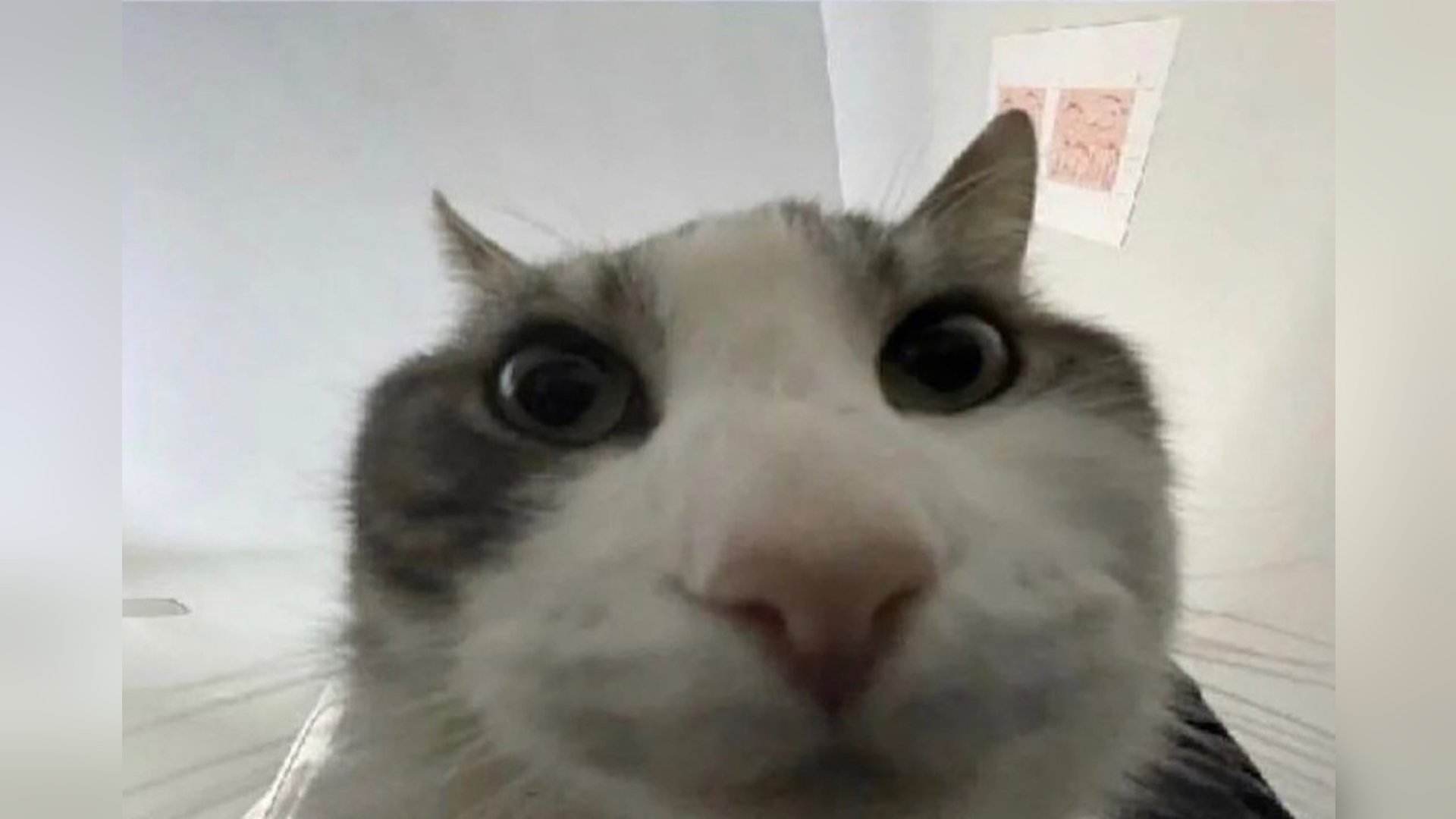Lets take a little break from politics and have us a real atheist conversation.
Personally, I’m open to the idea of the existence of supernatural phenomena, and I believe mainstream religions are actually complicated incomplete stories full of misinterpretations, misunderstandings, and half-truths.
Basically, I think that these stories are not as simple and straightforward as they seem to be to religious people. I feel like there is a lot more to them. Concluding that all these stories are just made up or came out of nowhere is kind of hard for me.


People do not understand that visual hallucinations can happen to anyone when they are sober. Our brains are not perfect machines.
https://www.psychologytoday.com/us/blog/the-asymmetric-brain/202212/new-research-shows-how-common-hallucinations-really-are
And I’m guessing the other 15.2 either didn’t remember or didn’t really understand the question.
It’s even more a problem with hearing things that aren’t there or, far more commonly, just hearing something but misidentifying it. The whole EVP thing that “paranormal investigators” are so fond of is all about hearing a sound and just assuming that sound is a voice because of our flawed brains (and flawed ears).
Humans seem to be wired to be like this. That’s why pareidolia is a thing.
https://en.wikipedia.org/wiki/Pareidolia
Honestly, 15% sounds like it’s right in the range of the number of people who will just lie on surveys - be it purposefully or not – in order to present a superior version of themselves to a piece of paper.